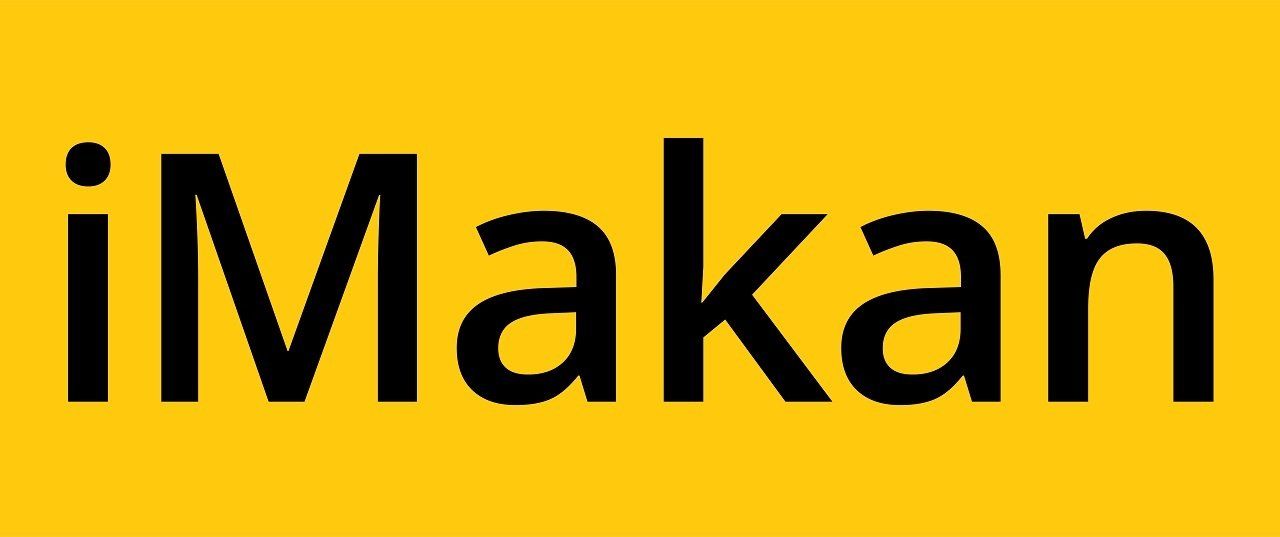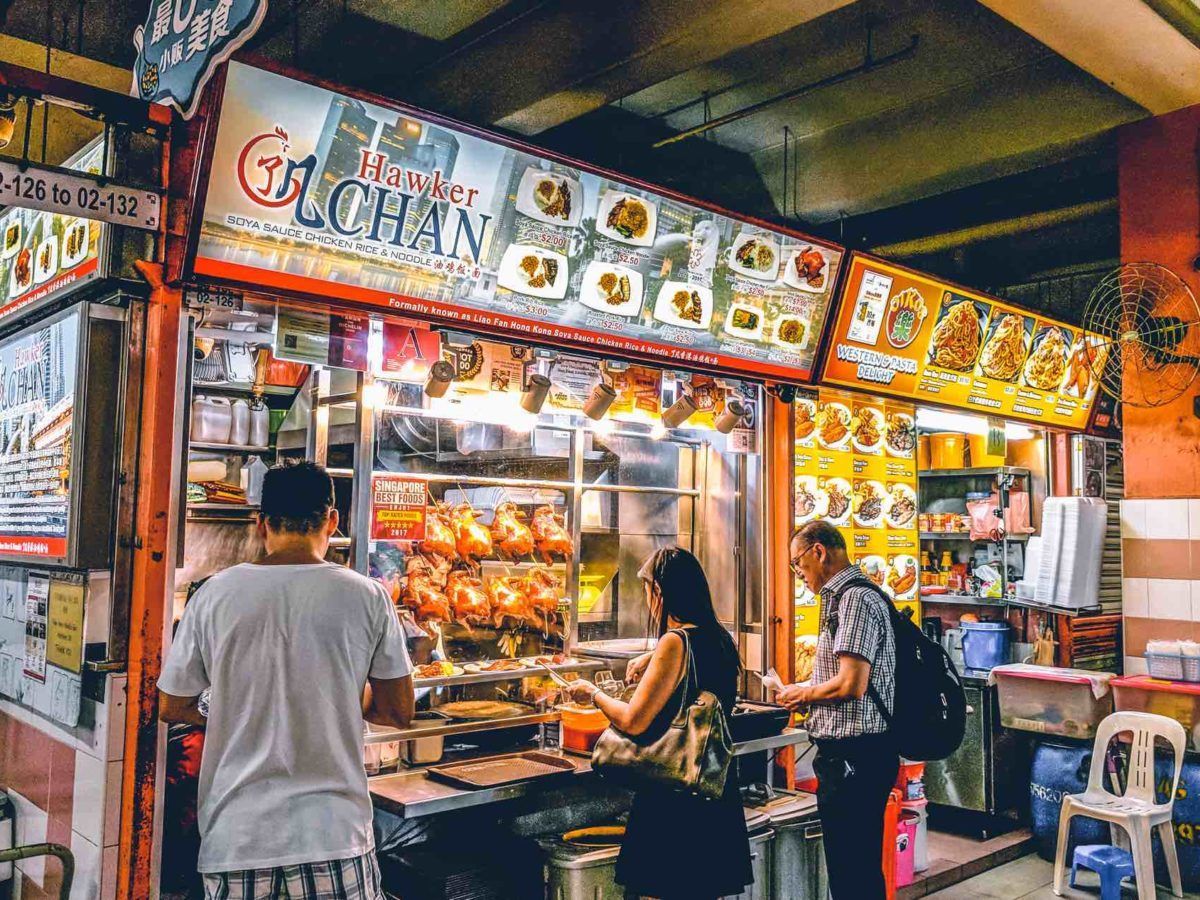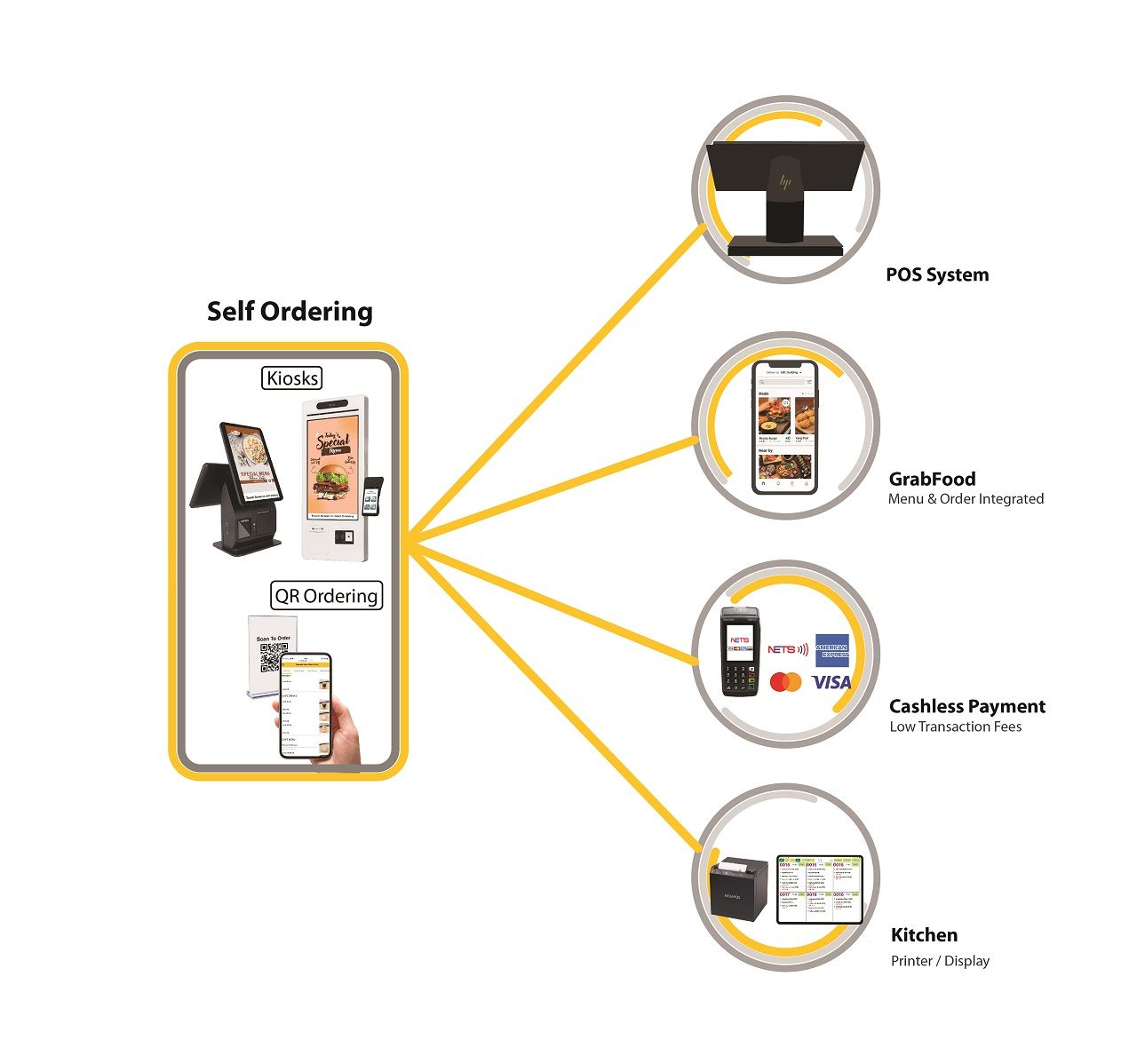
Self Ordering Solutions
Integration
Create an efficient & precise ordering process and management at your F&B outlet
F&B POS System
By integrating iMakan's self ordering kiosk and QR ordering with your F&B POS system, order management, menu management and reports will be synchronised.
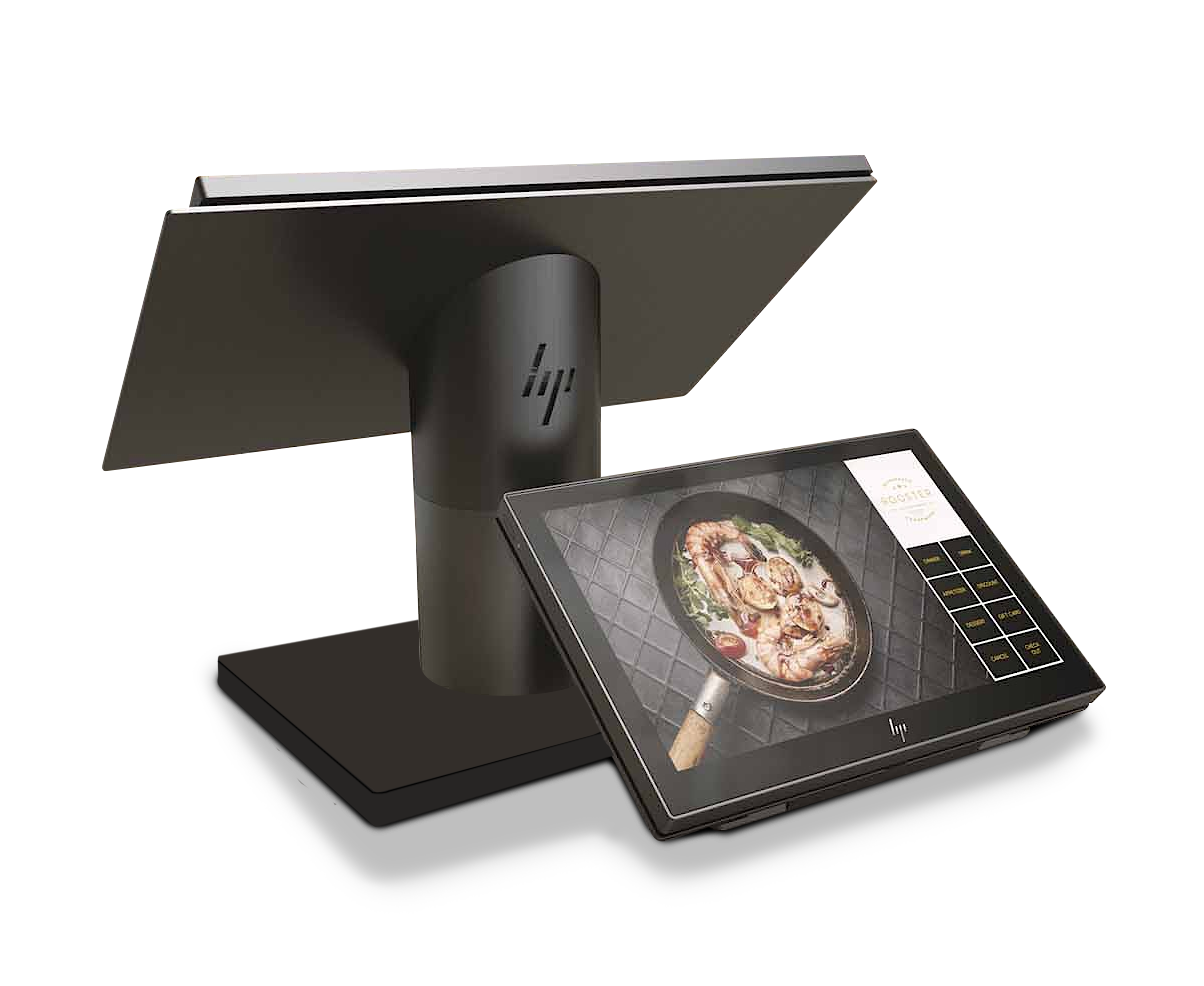
GrabFood
Integrate GrabFood orders to POS & kitchen printers.
Update self ordering kiosks, QR ordering and GrabFood menu through a single online portal
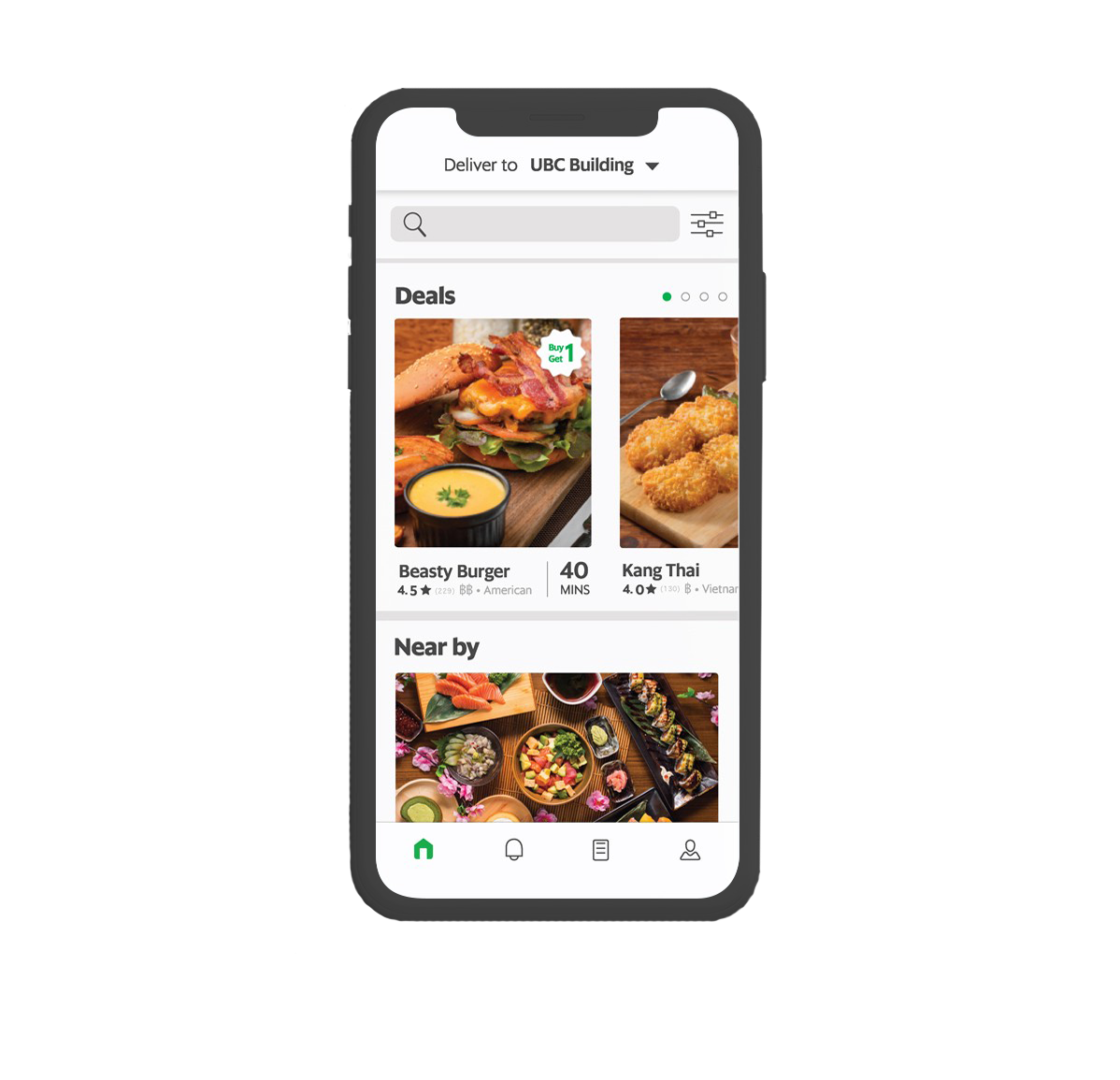
Cashless Payment Terminals
Integrate to cashless payment terminals to create a seamless payment process for customers without cashiering manpower needed.
Cashless payment integrations also help safeguard your revenue as payments are transacted digitally.
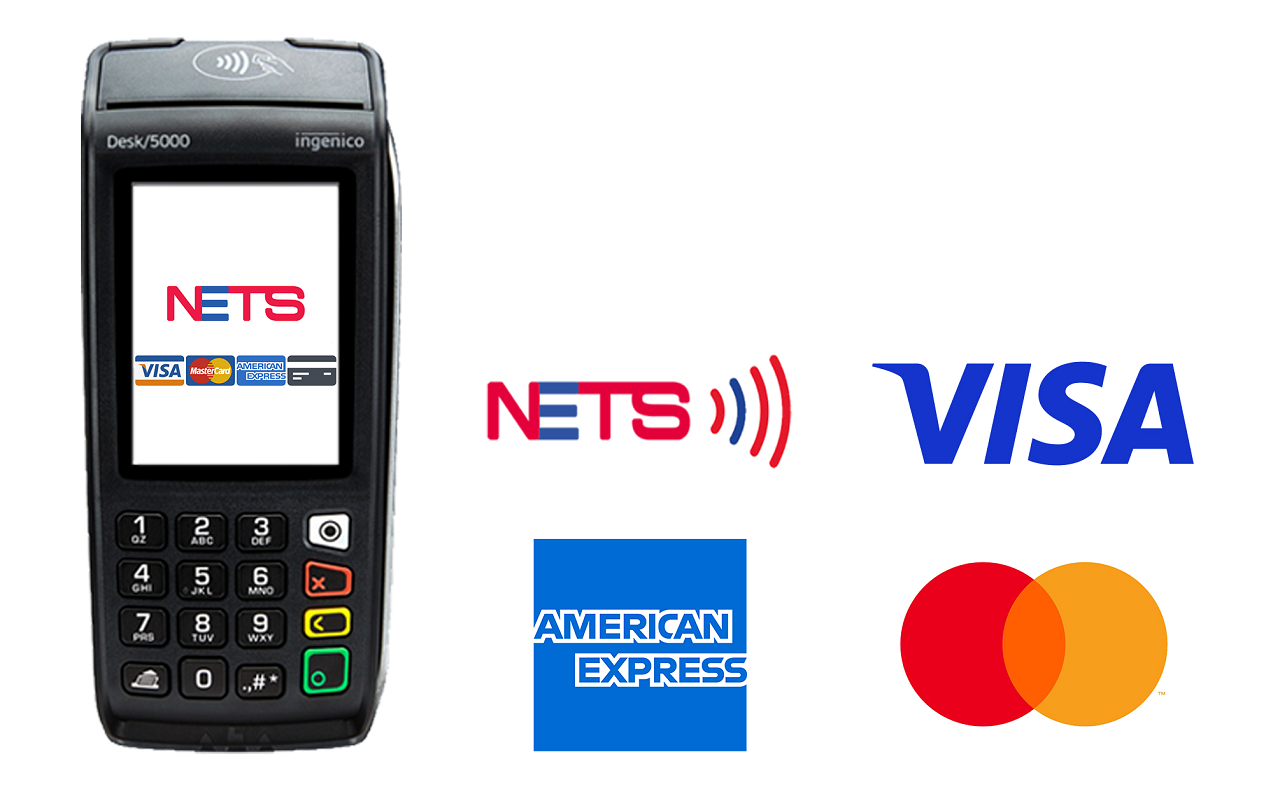
Kitchen
Orders through self ordering kiosk, QR ordering, and GrabFood will be itemised and sent to respective kitchen printers / displays.
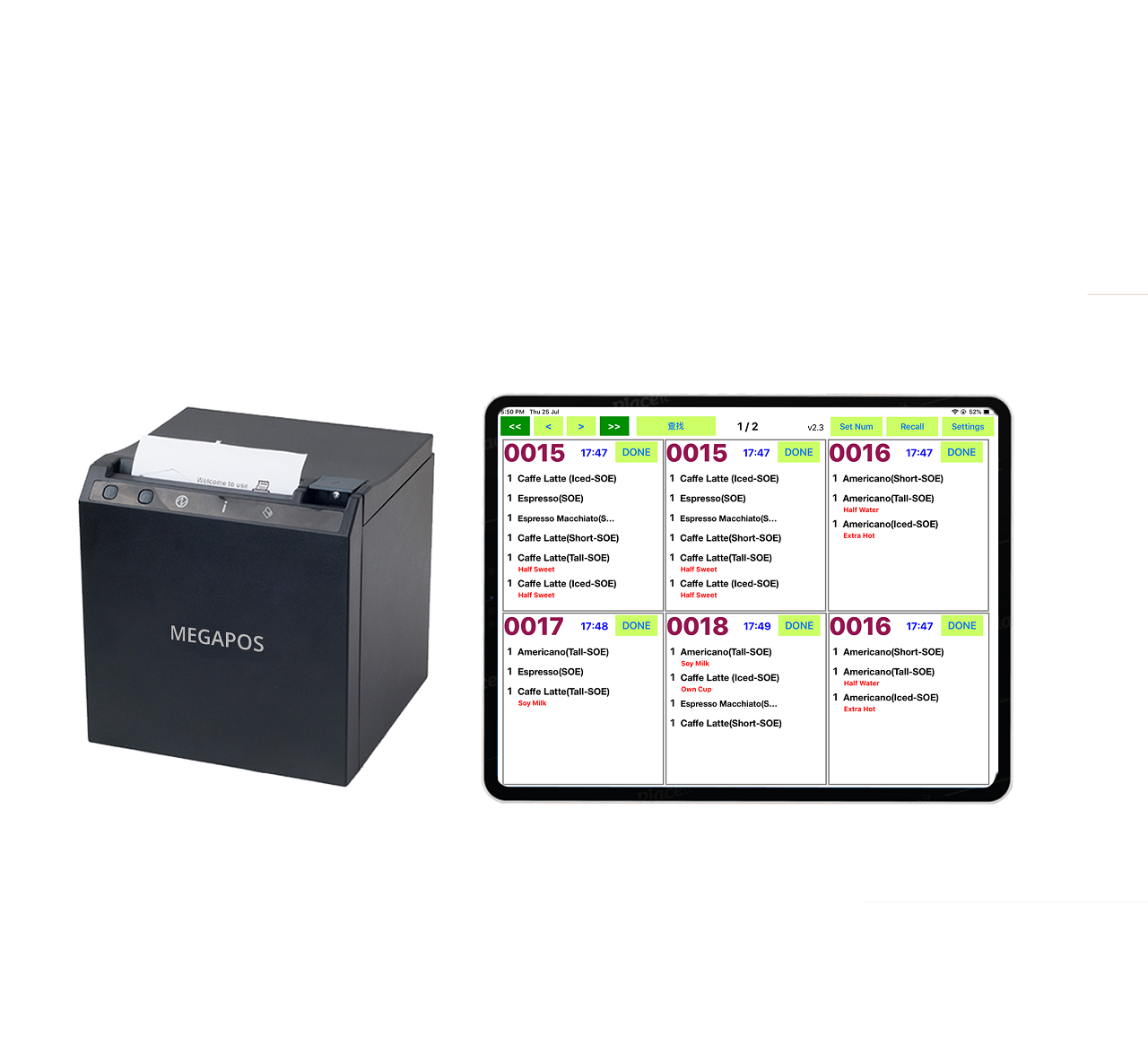
Looking for F&B POS System and Self Ordering Systems?
Contact Us
Fill up your contact details to proceed to the demo booking page.
MEGAPOS Address:
160 Robinson Road
SBF Center #26-02
Singapore 068914
Call us:
(+65) 6224 5788
Contact Us
We will get back to you as soon as possible
Oops, there was an error sending your message.
Please refresh your browser and try again!
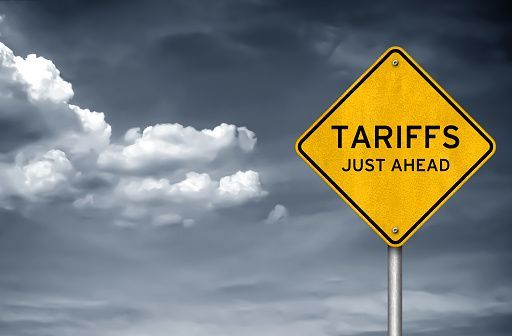

The entirety of this site is protected by copyright © iMakan 2024
Megasafe Technology Pte. Ltd.
